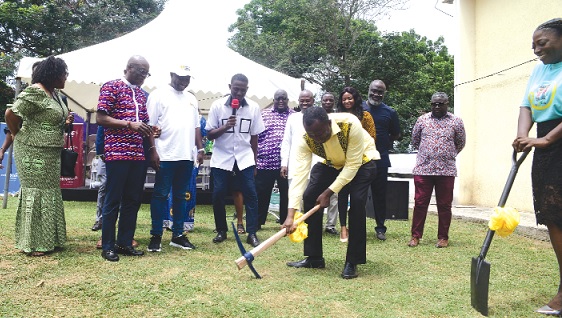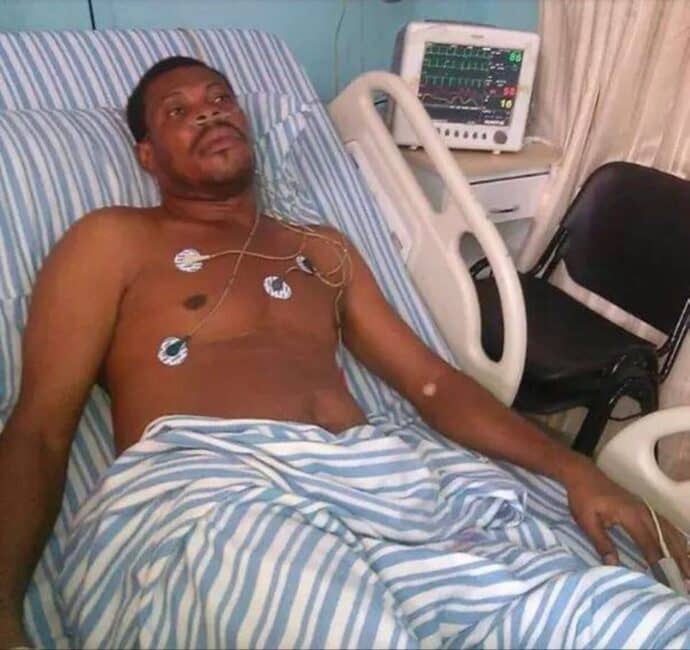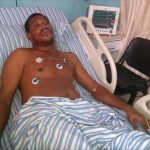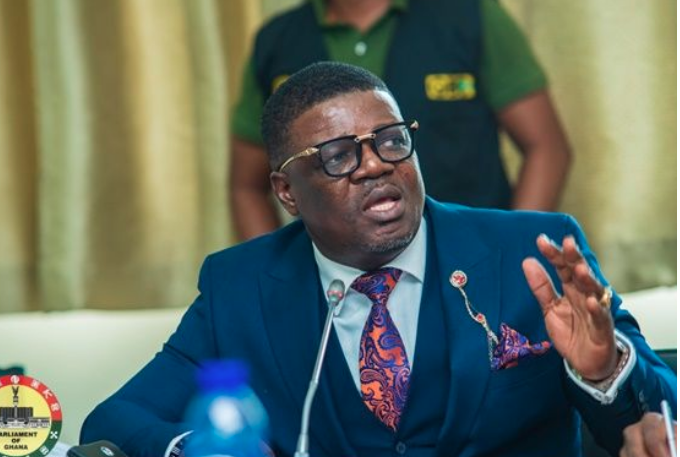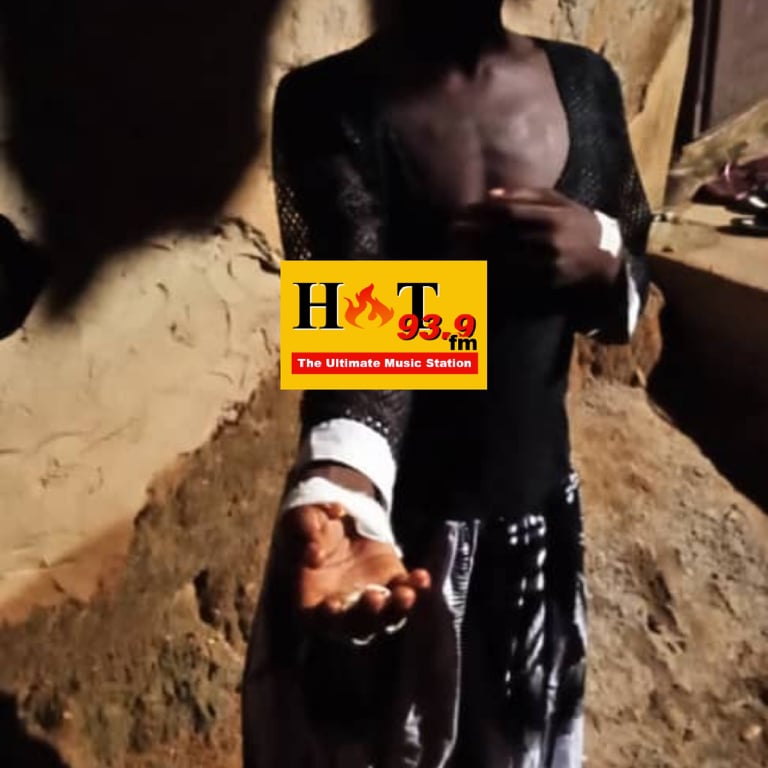SOD has been cut for the construction of a multi-purpose 40-bed pediatric oncology block for the children’s unit of the Korle Bu Teaching Hospital.
The GH¢13.9 million project — being spearheaded by Lifeline for Childhood Cancer Ghana — is expected to be completed in a year to improve patient access to beds, quality of care, and patient experience at the hospital.
It is also expected to boost care for childhood cancer in the country.
The three-story building will include consulting rooms, wards, a cafeteria, a playroom, meeting rooms, labs, and washrooms for the ground floor.
It will also come with special wards, private wards, counseling rooms, and treatment rooms.
The facility will be constructed with support from donors, including Enterprise Group, Ghacem Foundation, VPL Construction, Domod Roofing Ltd, and Brenna Memorial Childhood Cancer Foundation, among others.
It forms part of the project infrastructure to commemorate the hospital’s 100 years in existence.
Increase in cases
Cutting the sod for the project to take off, the Chief Executive Officer (CEO) of the Korle Bu Teaching Hospital, Dr Opoku Ware Ampomah, said the number of childhood cancer cases the hospital received on an annual basis had increased from 50 to 250 cases, thereby causing stress on the facility.
He indicated that over the years, the hospital had been at the forefront in helping to treat childhood cancers in the country.
An artist’s impression of the multi-purpose 40-bed oncology project
“For children with cancer, you need a certain kind of environment to treat them because they are very vulnerable to infection and other issues,” he said.
Dr. Ampomah said the construction of the new pediatric facility would expand the number of rooms available, and also create the right ambience for patients to be treated and cared for.
Support, Survival
Dr. Ampomah expressed the hope that the support for childhood cancer care in the country would increase the survival rate from 50 percent to 80 percent.
He said the project was to provide a good chance for the patient’s survival and also believed that the intervention and funding would prove fruitful.
The KBTH CEO said late diagnosis, delayed detection, and delayed referrals were issues that affected childhood cancer treatment, emphasizing that the hospital was working to ensure that all tests for childhood cancers were done within the country.
“At least, at the moment, there are some private facilities that are offering some of those tests,” he stated, adding that childhood cancer affected the household income of caregivers, and commended caregivers for their invaluable roles.
“We need to provide a safety basket for these families that are also involved,” Dr Ampomah intimated.
He expressed appreciation to the First Lady, Rebecca Akufo-Addo, for putting up a hostel for children with childhood cancer, and encouraged others to support to help children with childhood cancer in the country.
“It is no fault of a child to develop cancer.
But once there is a cure; we, as a society, must come together to make sure that treatment is made available to these children so that they can survive and become useful contributors to society in the future,” he said.
The Executive Director of Lifeline for Childhood Cancer Ghana, Akua Sarpong, said the organization was committed to advocating that childhood cancers should receive the national attention that they deserve.
The 40-bed block, she said, would contribute to the overall enhancement of the Oncology Department of the hospital, accommodate patients, reduce waiting times, and optimize healthcare delivery.
Ms. Sarpong was expectant that the facility would provide specialized medical services, as well as improve the quality of care of patients at the hospital, saying “the organization would continue to make health care more accessible and efficient”.
This project is much more than a treatment facility.
It will be a safe place for our children undergoing treatment. It will be a home where they trust that their needs are taken care of for survival,” she added.
She indicated that children with childhood cancer mimicked regular childhood diseases and, therefore, advised parents to do the necessary tests if a child has a persistent illness.

